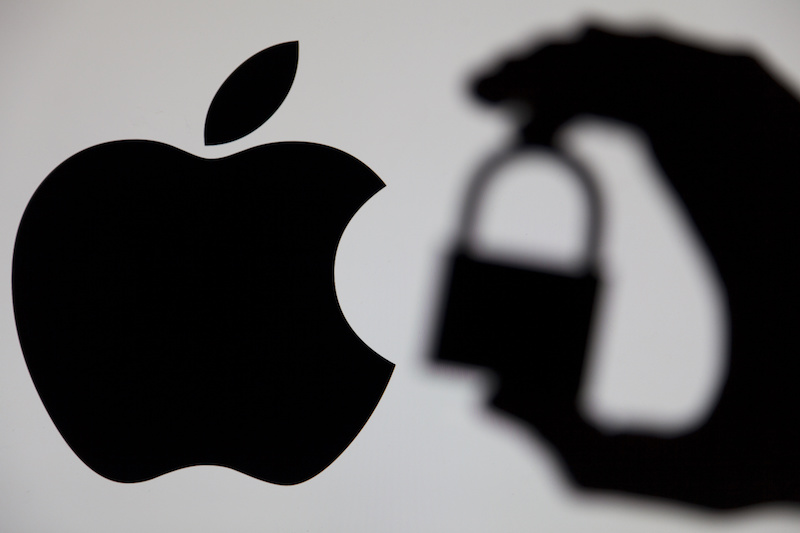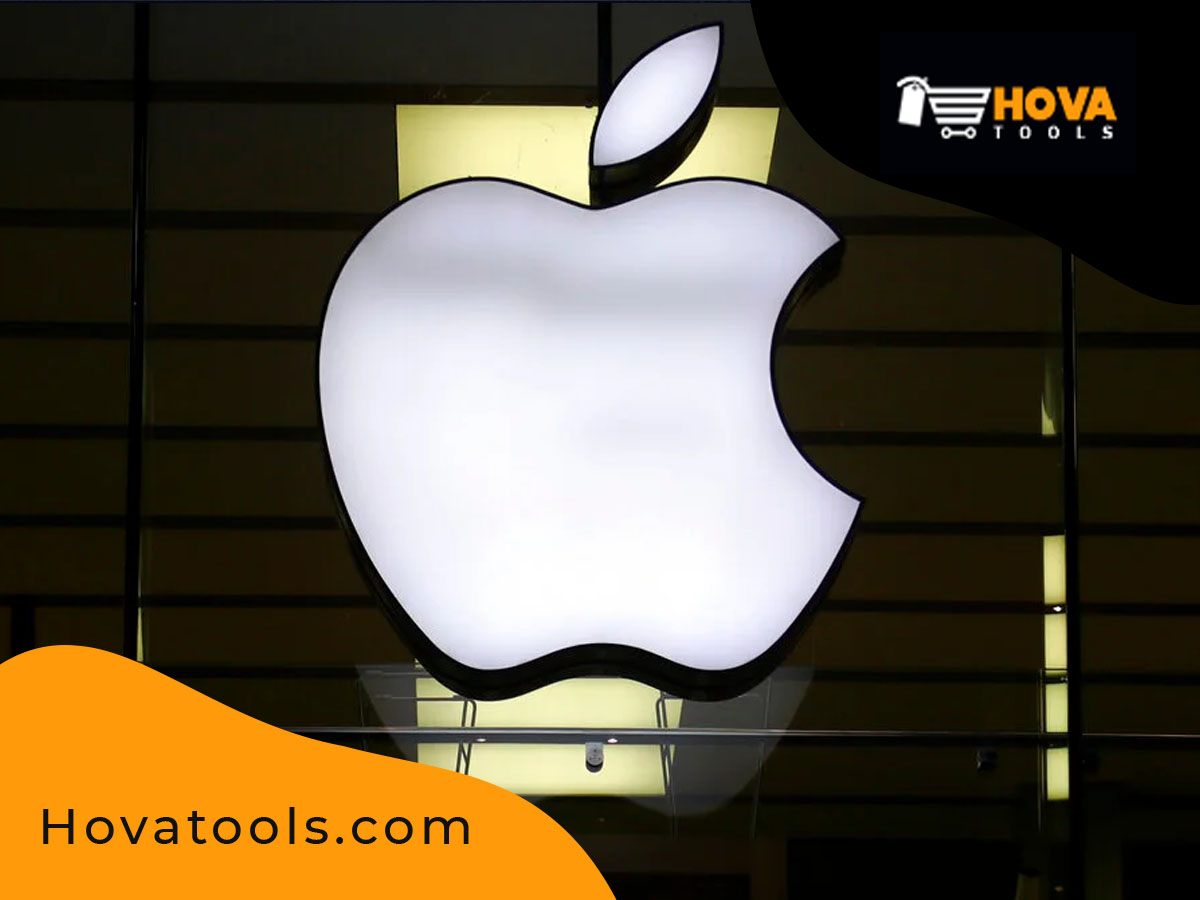55 vulnerabilities in Apple services discovered by group of “white hackers”
Unveiling the Security Breaches that Shook Apple’s Fortress
Introduction
Apple has long been regarded as a bastion of security, priding itself on providing users with a robust and impenetrable ecosystem. However, recent events have shaken this perception as a group of “white hackers” has unearthed a staggering 55 vulnerabilities in Apple services. In this article, we delve into the details of these breaches and shed light on the implications for Apple and its millions of users worldwide.
The Rise of “White Hackers”
In an age where cyber threats are becoming increasingly prevalent, the concept of “white hackers” has gained significant recognition. These ethical hackers leverage their expertise to identify and report vulnerabilities in systems, aiming to improve overall security. Their efforts are commendable, serving as a crucial countermeasure against malicious actors. By focusing on responsible disclosure, “white hackers” contribute to a safer digital landscape for all.

The Apple Ecosystem and Its Vulnerabilities
Apple’s ecosystem encompasses a wide range of services and products, including iOS, macOS, iCloud, and numerous applications. With such a vast footprint, vulnerabilities can emerge, posing potential risks to user data and system integrity. While Apple has implemented stringent security measures, the complexity of their ecosystem leaves room for unforeseen vulnerabilities to be exploited. Let’s explore the intricacies of these security concerns.
The Discovery: 55 Vulnerabilities Unveiled
In a groundbreaking effort, a group of “white hackers” conducted an extensive analysis of Apple’s services, unearthing a shocking total of 55 vulnerabilities. These vulnerabilities spanned across various Apple platforms, ranging from the iOS operating system to iCloud and numerous applications. The discovery was a wake-up call for Apple, highlighting potential weaknesses that had eluded detection thus far.
The group of “white hackers” consisted of skilled individuals from diverse backgrounds, pooling their expertise to identify and document the vulnerabilities they encountered. Their meticulous approach allowed them to delve deep into the intricacies of Apple’s services. Unveiling flaws that had the potential to compromise user data and privacy.
Implications for Apple
The discovery of 55 vulnerabilities in Apple services by a group of “white hackers” has significant implications for both Apple and its vast user base. These breaches have exposed chinks in the armor of Apple’s security fortress, challenging the notion of invincibility that the company has long enjoyed. The consequences of these vulnerabilities range from the compromise of personal information to the potential for unauthorized access to sensitive data.
While Apple is known for its swift response to security threats, the sheer number and diversity of these vulnerabilities present a significant challenge. The company must now work tirelessly to patch these vulnerabilities and fortify its defenses against future attacks. Failure to address these issues promptly could erode the trust that users have placed in Apple’s commitment to their security and privacy.
FAQs about the Security Breaches
Q: How did the group of “white hackers” discover these vulnerabilities?
A: The group of “white hackers” employed a combination of manual analysis, automated tools, and reverse engineering techniques to identify and document the vulnerabilities. Their expertise in cybersecurity allowed them to navigate the intricacies of Apple’s services and uncover these security flaws.
Q: Are Apple devices still safe to use despite these vulnerabilities?
A: While the discovery of these vulnerabilities is concerning, it is important to note that Apple has a track record of promptly addressing security concerns. By releasing software updates and patches, Apple aims to mitigate the risks posed by these vulnerabilities. Therefore, users can enhance their security by regularly updating their devices and following best practices for digital hygiene.
Q: How can Apple prevent similar vulnerabilities in the future?
A: To prevent similar vulnerabilities in the future, Apple should adopt a comprehensive and proactive approach to security. This includes conducting regular security audits, encouraging responsible disclosure, and fostering collaborations with “white hackers” and security researchers. By prioritizing security and investing in robust testing processes, Apple can enhance its resilience against emerging threats.
Q: How can users protect themselves from potential attacks targeting these vulnerabilities?
A: Users can take several measures to protect themselves from potential attacks targeting these vulnerabilities. First and foremost, keeping their devices up to date with the latest software updates and security patches is crucial. Additionally, practicing good digital hygiene, such as using strong, unique passwords, enabling two-factor authentication. And being cautious of suspicious links and downloads, can significantly mitigate the risks associated with these vulnerabilities.
Q: Will Apple compensate the “white hackers” for their discovery?
A: Apple has a well-established bug bounty program, which rewards “white hackers” for responsibly disclosing vulnerabilities. The company encourages ethical hackers to report their findings through this program, providing financial compensation based on the severity and impact of the vulnerabilities discovered.
Q: What steps should users take if they suspect their devices have been compromised?
A: If users suspect their devices have been compromised, it is important to act swiftly. They should disconnect from the internet, perform a full system scan using reputable antivirus software. As well as consider contacting Apple Support for further guidance. It is also advisable to monitor financial and personal accounts for any suspicious activity. And consider changing passwords as an additional precautionary measure.
Conclusion
The discovery of 55 vulnerabilities in Apple services by a group of “white hackers” has brought the company’s security practices into sharp focus. These breaches serve as a reminder that no system is impervious to potential threats, necessitating continuous vigilance and improvement. Apple must now leverage this eye-opening experience to bolster its security measures and reassure users of their commitment to privacy and data protection. By collaborating with ethical hackers and addressing these vulnerabilities head-on, Apple can reaffirm its status as a trusted guardian of its users’ digital lives.
Henceforth, WE WISH TO ANNOUNCE THAT OUR SERVICES ARE NOT AVAILABLE TO PEOPLE FROM NIGERIA AND INDIA. THESE ARE USELESS TIME WASTERS AND THIEVES TRYING TO BEG OR SCAM US OF OUR PRODUCTS. OUR SERVICES ARE NOT FREE AND PAYMENT IS UPFRONT
A LOT OF FOOLS FROM NIGERIA AND INDIA. on the off chance that YOU DON’T TRUST TO USE OUR SERVICES, DON’T CONTACT US AS WE HAVE NO FREE SERVICE
CONTACT US FOR PURCHASE/INQUIRIES, WE RESPOND ALMOST INSTANTLY
HI BUYERS, WE ARE A PROFESSIONAL CARDING AND HACKING TEAM. HOVATOOLS HAS BEEN AROUND SINCE THE TIME OF EVO MARKET, ALPHABAY, WALLSTREET MARKET AND MORE. WE REMAIN STRONG AND RELIABLE IN THE INDUSTRY, ALWAYS PROVIDING YOU WITH THE BEST QUALITY TOOLS TO HELP YOU MAKE MONEY AND MAXIMIZE PROFIT IN THE FRAUD GAME.
TO GET STARTED, YOU CAN VISIT OUR ONLINE SHOP/STORE TO BUY EVERYTHING YOU NEED TO START CASHING OUT. AT THE SHOP YOU GET Accounts & Bank Drops CVV & CARDS DUMPS PERSONAL INFORMATION & SCAN.
BANK HACKING SOFTWARE – WIRE/ACH DARKWEB MONEY TRANSFER HACKERS
Buy Fresh Credit Cards for Carding, BIN LIST Buy Bank Login, RDP, Buy Hacked Paypal accounts. Contact us to buy all tools and carding software. CLICK HERE TO VISIT OUR SHOP
Buy Socks 5, Email Leads, Buy Latest CC to Bitcoin Cashout Guide, Buy Hacked Zelle transfer , Western Union Money Transfer Hack, Buy Hacked Money Transfer service to your bank account.
Enroll for Paid private Carding Class.





